JEE Advanced 2025: Latest Exam Pattern, Key Topics & Preparation Tips
Get the latest JEE Advanced 2025 pattern, key topics, and preparation tips.
JEE Advanced is the exclusive entrance that leads students toward admission at Indian Institutes of Technology (IITs) and other premier engineering colleges across India. The world-class engineering entrance exam exists as one of the most difficult tests because it assesses candidates on problem-solving capacities while evaluating analytical thinking and conceptual understanding. Every year, thousands of students fight for the scarce availability of seats within IITs, so students require a proper preparation strategy to succeed.
Passing JEE Advanced necessitates tough work, shrewd study methods, comprehensive command of core subject material, and steady practice. Aspirants must follow the latest trends because this assessment alters its pattern and level of complexity annually. All essential information about JEE Advanced 2025, whether pattern details or key subjects, along with useful preparation guidelines and complete requirements, are discussed in this blog. We provide successful JEE Advanced preparation guidance, which makes achieving success in this exam possible through our assistance.
JEE Advanced 2025 Exam Pattern
Students need to know the exam structure before developing their preparation strategies. The testing authority running JEE Advanced is an IIT institution that alternates responsibility for conducting the exam, and students must take both required papers.
Key Highlights of the JEE Advanced 2025 Exam Pattern:
Mode of Exam: JEE Advanced 2025 will administer its examinations as a Computer-Based Test (CBT). There is a requirement for candidates to know how computers work and how to use the digital question interface through their sessions. Regular practice of online mock tests leads to comfort with the testing interface.
Number of Papers: The examination contains two obligatory parts, which are called Paper 1 and Paper 2. The assessment includes two essential sections that exclusively assess the understanding and problem-solving competencies of candidates. The evaluation format of the questions targets students conceptual application skills instead of formula memorization.
Duration: The examination consists of two 3-hour papers, which add up to 6 hours of testing duration. Candidates need to develop effective time management abilities, which help them finish the paper without bypassing any questions due to time limitations.
Total Marks: The total paper marks fluctuate from year to year throughout the range of 180 to 240. Testing earlier results serves as a useful indicator for determining the right amount of material to work on for high scores.
Subjects Covered: All questions in the upcoming test originate from Physics along with Chemistry and Mathematics subject matter. Every subject carries equal importance in the exam format, so applicants need to maintain an equilibrium between their preparation of all three subjects for excellent results.
Types of Questions: The examination contains Multiple-Choice Questions (MCQs) together with Numerical value-based questions and Matching-type questions. Through its design, the assessment system enables students to master concepts deeply instead of just memorizing facts. Students need to demonstrate complete accuracy in multi-correct answer questions since partial credit points may be awarded for their correct responses.
Marking Scheme: The evaluation procedure combines positive and negative grading methods, which depend on the question format. Candidates must exercise caution during multiple-correct answer questions because incorrect answers cause mark reductions in sections with partial marking schemes.
Language of the Paper: All examination sessions will be administered in English or Hindi, and candidates need to specify their language preference during registration. Students should take practice examinations in their chosen test language because it will reduce confusion during the actual test period.
JEE Advanced 2025 Important Topics
Students need to concentrate on topics where JEE Advanced places more emphasis on success in this competitive exam. The following list contains JEE Advanced 2025's essential topics by subject, together with their significance explanation.
Physics:
Physics in JEE Advanced is conceptual and application-based. Mastering the following topics is crucial:
Kinematics: The ability to understand motion, velocity-time graphs, and projectile motion will help solve practical physics problems. The exam includes graphical representations as a regular assessment component.
Laws of Motion: The basis of mechanics exists in Newton’s three laws, which serve as fundamental knowledge for advanced problems dealing with forces and motion. The exam contains an assessment of free-body diagrams along with friction-related questions as frequent testing points.
Work, Energy, and Power: Multiple problems in rotational motion and collisions rely on the principles of energy conservation and the theorem of work energy.
Rotational Motion: The topic includes torque moment of inertia and angular momentum concepts needed to solve questions that analyze rolling motion situations.
Thermodynamics: Number problems in thermodynamics heavily depend on laws of thermodynamics and heat engines along with entropy, which frequently relates to chemistry questions.
Electrostatics and Magnetism: The examination tests knowledge about charged particle motion together with electric fields and capacitors and electromagnetic induction. Students meet Gauss’s law together with Biot-Savart law in many exams.
Optics: The examination of reflection and refraction, as well as wave optic concepts such as interference and diffraction, occurs regularly in both conceptual and numerical question types.
Modern Physics: Students tend to achieve higher scores from questions using direct formulas in sections about the photoelectric effect of Bohr’s atomic model and nuclear physics.
Chemistry:
Chemistry consists of three sections: Physical, Organic, and Inorganic Chemistry.
Atomic Structure: The foundation of understanding periodic trend understanding stems from quantum mechanics principles, which generate orbitals for explaining electron configurations and energy distribution.
Chemical Bonding: The education system frequently evaluates VSEPR theory along with hybridization and molecular orbital theory through multiple-choice questions.
Thermodynamics and Thermochemistry: Problem-solving requires the calculation of enthalpy and entropy because these concepts solve reaction feasibility questions.
Equilibrium: Understanding the chemical and ionic equilibrium represents a fundamental requirement for solving buffer problems, while acid-base calculation problems often appear during exams.
Coordination Compounds: The Inorganic Chemistry topics of Ligand types and crystal field theory and isomerism need both memorandum skills and an understanding of underlying concepts.
Organic Reaction Mechanisms: Knowledge of reaction intermediates, including carbocations, carbanions, and free radicals, enables effective solutions to mechanism-based problems.
Biomolecules and Polymers: Theoretical questions for enzyme kinetics and carbohydrates and amino acid concepts make up significant sections that earn high points in the exam.
Mathematics:
Mathematics is the highest-scoring subject if prepared well.
Matrices and Determinants: Linear equations and transformations require this method to find solutions, which include complex numbers and vectors.
Complex Numbers: Helps in solving algebraic equations, with applications in vector algebra and geometry.
Calculus: Limit, along with differentiation and integration, play essential roles in problem-solving when working with the rate of change and area under curves.
Probability and Statistics: Questions based on applications regularly occur in GMAT exams for which students need to understand how to use permutations and combinations alongside Bayes' theorem.
Permutations and Combinations: The solvability of combinatorial problems depends on this concept in integer-based questions and probability-related questions.
Vector Algebra: The mathematical technique includes vector operations together with dot product and cross-product components suitable for 3D geometry applications.
3D Geometry: The examination of direction cosines together with line and plane equations appears frequently in Paper 2, where spatial visualization understanding is necessary.
Effective Preparation Tips for JEE Advanced 2025
Success in JEE Advanced demands both a strategic approach and the disciplined execution of a smart study plan. These steps will help you optimize your performance when implementing the following advice:
1. Understand the Syllabus Thoroughly
Students should understand the JEE Advanced curriculum and evaluate JEE Main material to uncover the supplementary subjects.
Students should concentrate on topics with the highest weightage along with comprehensive syllabus understanding.
Use the official syllabus PDF released by the conducting IIT to stay updated.
2. Follow a Well-Structured Study Plan
Conduct goal setting for daily and weekly sessions and monthly goals in a strategic manner to approach each subject with method.
Allocate more time to subjects or topics you find difficult.
Keep a balance between theory and problem-solving.
3. Choose the Right Study Material
Stick to NCERT textbooks for fundamental concepts in Chemistry.
Use standard reference books like H.C. Verma for Physics and I.A. Maron for Mathematics.
Avoid using too many books at once; focus on quality over quantity.
4. Develop Strong Conceptual Clarity
JEE Advanced focuses on application-based questions, so understanding concepts deeply is crucial.
Use mind maps, flowcharts, and concept notes to summarize and revise faster.
If stuck on a concept, refer to video lectures or online resources for a different explanation.
5. Practice Previous Year Papers and Mock Tests
Solve at least the last 10 years’ JEE Advanced papers to understand the pattern.
Take full-length mock tests to improve speed, accuracy, and time management.
Analyze mistakes after each test and work on weak areas.
6. Master Time Management
The habit of resolving problems under time constraints should become natural.
Learn shortcuts and tricks to solve lengthy calculations quickly.
Distribution of time among exam questions should occur strategically as students must prevent spending excess time on any single problem.
7. Strengthen Problem-Solving and Numerical Skills
JEE Advanced is known for tricky and multi-conceptual questions.
Practice high-level problems from books like D.C. Pandey (Physics) and M.L. Khanna (Mathematics).
Develop a logical approach by practicing questions with multiple correct answers.
8. Revise Regularly
Maintain short revision notes for quick reference before exams.
Schedule weekly revisions to ensure concepts are retained.
Use flashcards, formula sheets, and cheat sheets for quick memory recall.
9. Stay Healthy and Manage Stress
You should maintain a healthful pattern of activities, including sufficient rest along with physical activities, and eat a balanced diet.
Your ability to stay focused and minimize stress will improve through meditation practice or breathing exercises.
When studying, you should take brief pauses between work intervals to stay productive.
10. Seek Expert Guidance When Needed
Join a structured coaching program like Skoodos Bridge for live doubt-solving sessions.
Interact with mentors and IITians to get valuable exam tips.
Use AI-based performance tracking to analyze progress and improve systematically.
Best Books for JEE Advanced 2025 Preparation
Choosing the right study material is crucial for an effective study plan. Here are some highly recommended books:
Physics:
Concepts of Physics by H.C. Verma – This is Excellent for building a strong foundation and problem-solving.
Fundamentals of Physics by Halliday, Resnick & Walker – Best for conceptual clarity with in-depth explanations.
Understanding Physics Series by D.C. Pandey – Useful for extensive problem practice.
Problems in General Physics by I.E. Irodov – Ideal for high-level problem-solving and conceptual depth.
Chemistry:
Physical Chemistry by P. Bahadur – This is Best for numerical problems and understanding core concepts.
Organic Chemistry by Morrison & Boyd – It covers reaction mechanisms in detail.
Organic Chemistry by O.P. Tandon – This is Useful for JEE-specific organic concepts and practice.
Inorganic Chemistry by J.D. Lee – This is Best for understanding periodic properties and coordination chemistry.
NCERT Chemistry (Class 11 & 12) – Essential for conceptual clarity and strong fundamentals.
Mathematics:
IIT Mathematics by M.L. Khanna – This is a Comprehensive book covering all topics.
Problems in Calculus of One Variable by I.A. Maron – Best for mastering calculus.
Higher Algebra by Hall and Knight – Essential for algebra concepts.
Cengage Mathematics Series (by G. Tewani) – This is Great for topic-wise problem-solving.
RD Sharma (Class 11 & 12) – This is Useful for concept-building and basic practice.
Conclusion:
Preparing for JEE Advanced requires structured guidance, reliable resources, and expert mentorship. Skoodos Bridge provides:
The carefully selected study materials by experts will guide your learning to address all critical subjects in an organized fashion, thus stopping knowledge gaps from forming.
Live doubt-solving sessions where you can use virtual classrooms to resolve real-time questions with faculty experts who will help you develop a solid conceptual understanding.
AI-based performance tracking to help you identify strong and weak areas, enabling targeted preparation.
Mock test series with detailed analysis to simulate the real exam experience and help develop efficient time management skills.
Personalized mentorship from IITians and subject matter experts, providing insights into effective study techniques and strategies.
The Skoodos Bridge service helps improve your confidence while optimizing your probability of achieving a top position in JEE Advanced 2025. Begin your current preparation to lead the competition in JEE Advanced 2025.
Frequently Asked Questions (FAQs)
Who can appear for JEE Advanced 2025?
The eligibility criteria become available for students who succeed in the JEE Main 2025 tests among the top 2.5 lakh performers.
How many attempts are allowed for JEE Advanced?
Students can participate in the JEE Advanced test no more than twice whenever one year follows the other.
Is there a fixed syllabus for JEE Advanced?
The syllabus details are available at the official JEE Advanced website as distributed by IITs.
Can I use a calculator in JEE Advanced?
You can obtain the distributed syllabus through the official JEE Advanced website.
What is the best way to prepare for JEE Advanced?
Understanding this topic requires students to create a structured plan, deepen their knowledge, and take regular mock tests, which are overseen by experts.
Categories
Archives
- October 202514
- September 202520
- August 202522
- July 202524
- June 202524
- May 202526
- April 202530
- March 202523
- February 202513
- January 202523
- December 202429
- November 20246
- September 20245
- August 202422
- July 202415
- May 20249
- June 202424
Similar Posts
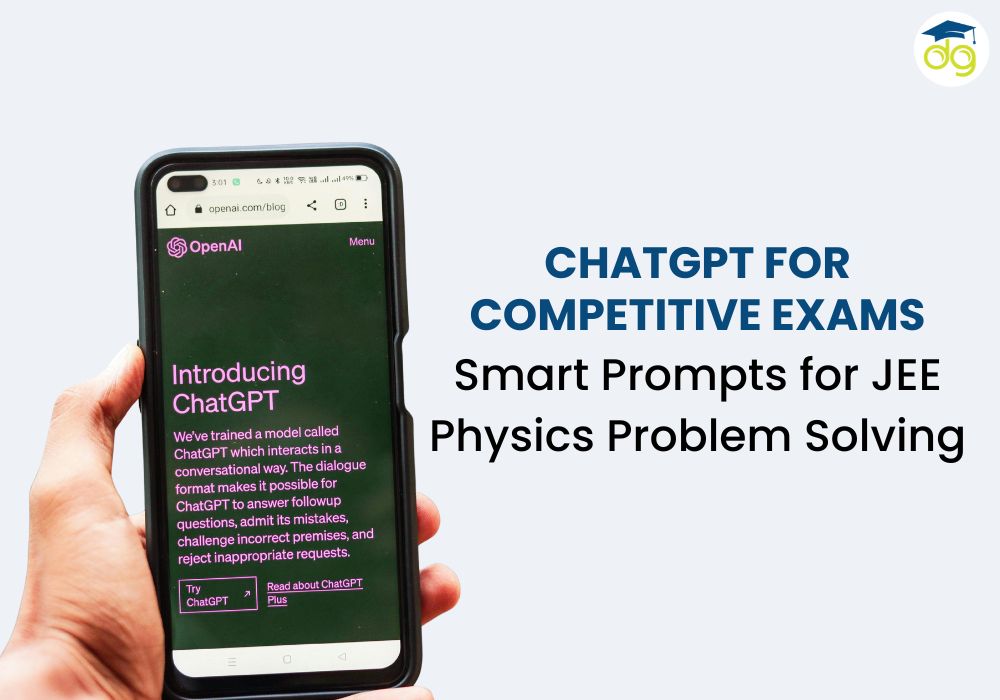
ChatGPT for JEE Physics: Smart Prompts to Master Problem Solving
by Skoodos Bridge

Space Technology Careers: ISRO Opportunities Beyond Aerospace Engineering
by Skoodos Bridge

Digital Detox Strategies for Competitive Exam Students in 2025
by Skoodos Bridge
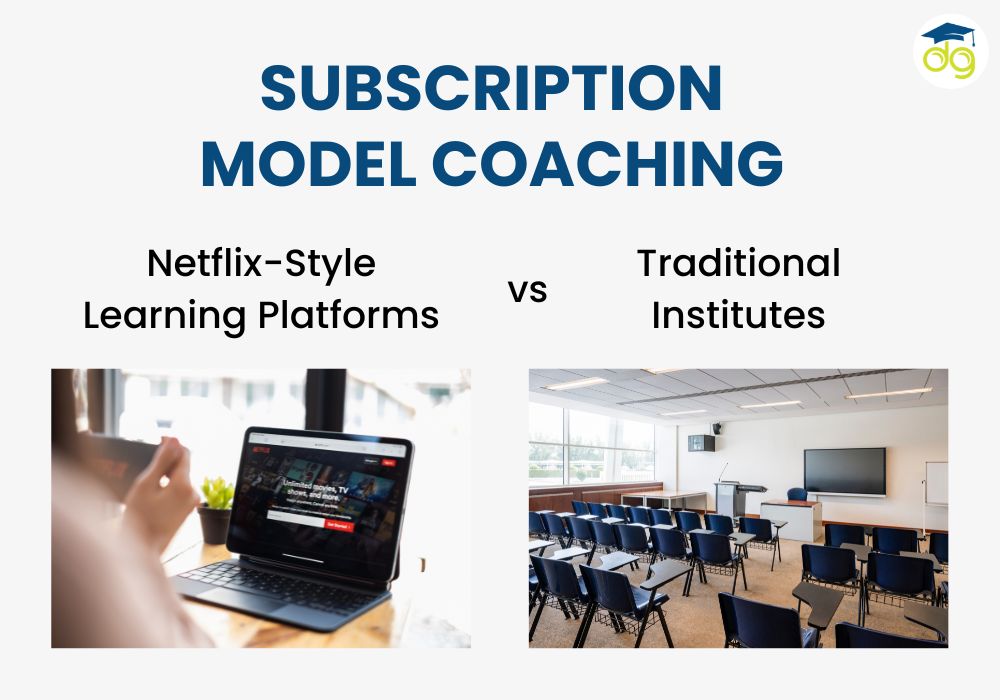
Subscription Model Coaching vs Traditional Institutes: Netflix-Style Learning
by Skoodos Bridge
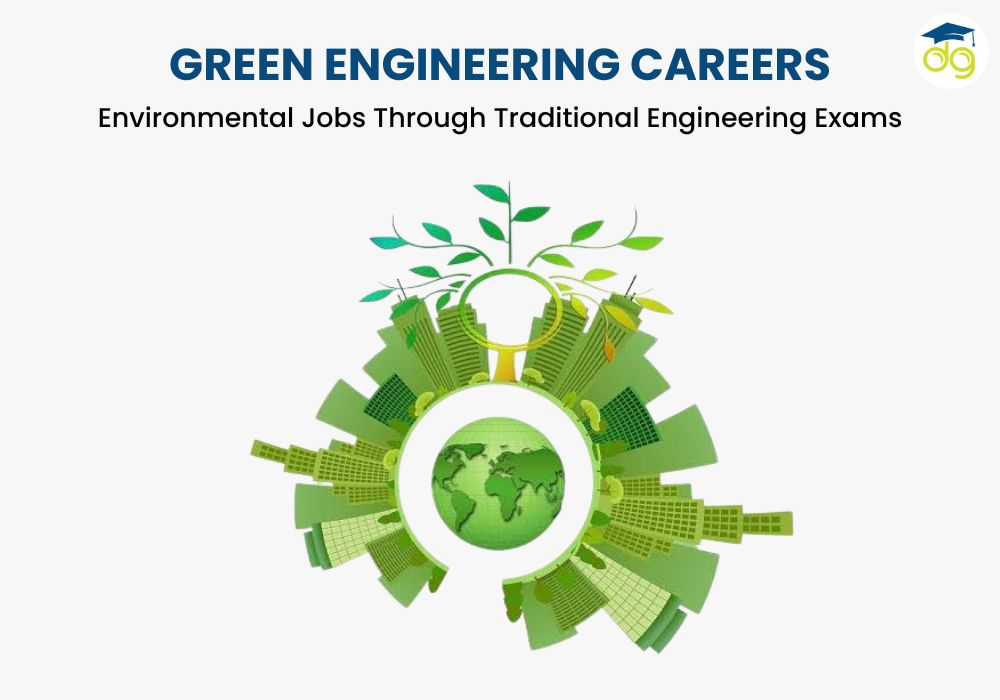
Green Engineering Careers: Sustainable Jobs Through GATE, ESE & PSUs
by Skoodos Bridge

Coaching Institute Mergers in India: Impact on Students & Education Quality
by Skoodos Bridge
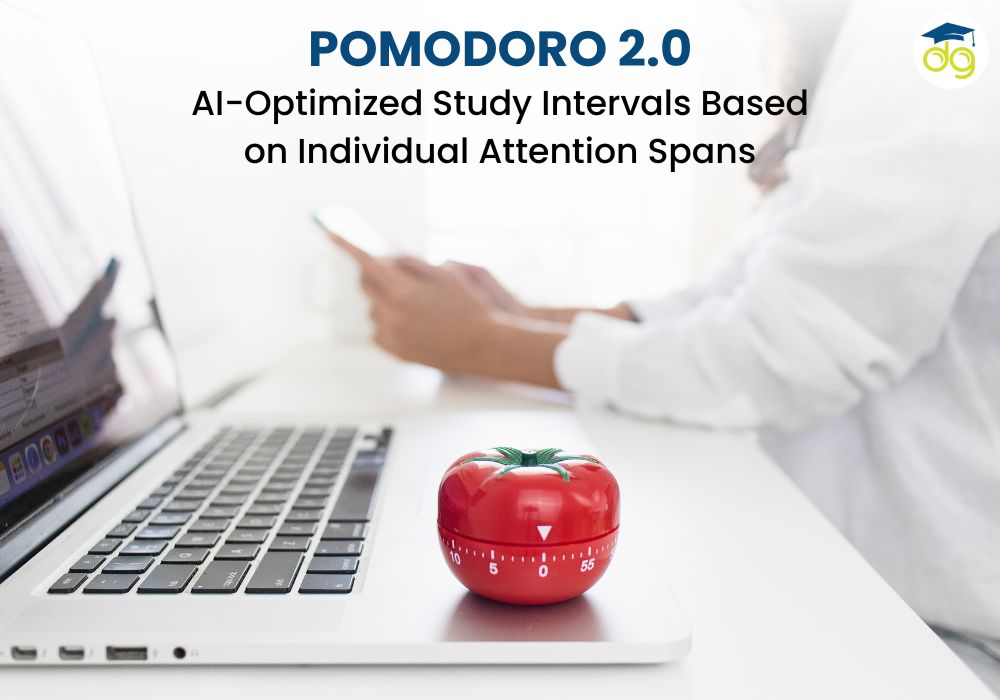
Pomodoro 2.0: AI-Optimized Study Intervals for Better Focus
by Skoodos Bridge
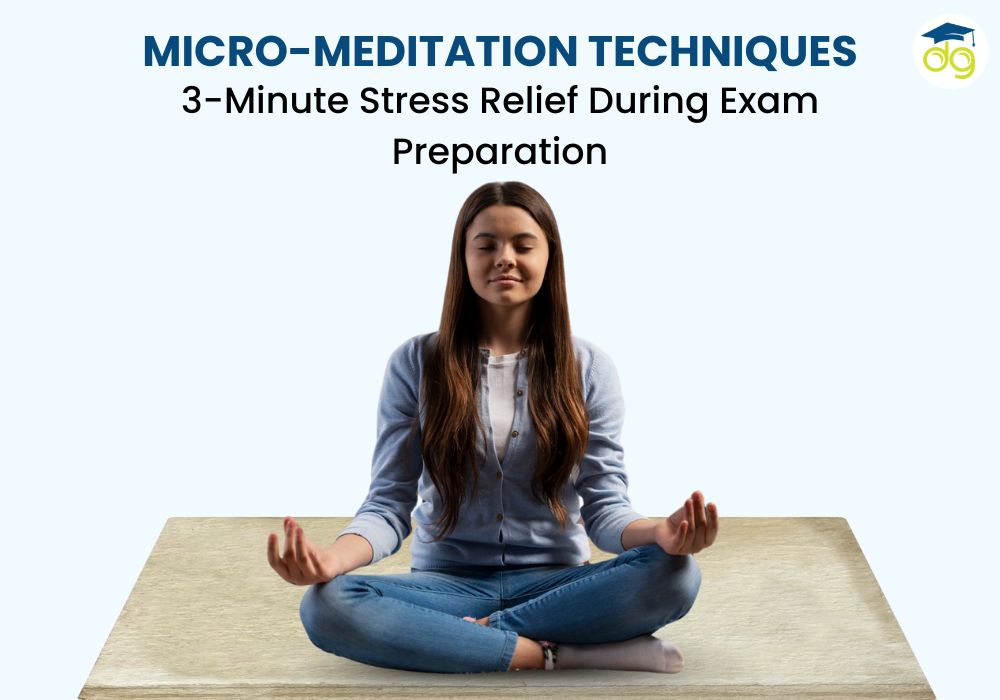
Micro-Meditation Techniques for Exam Stress Relief in 3 Minutes
by Skoodos Bridge
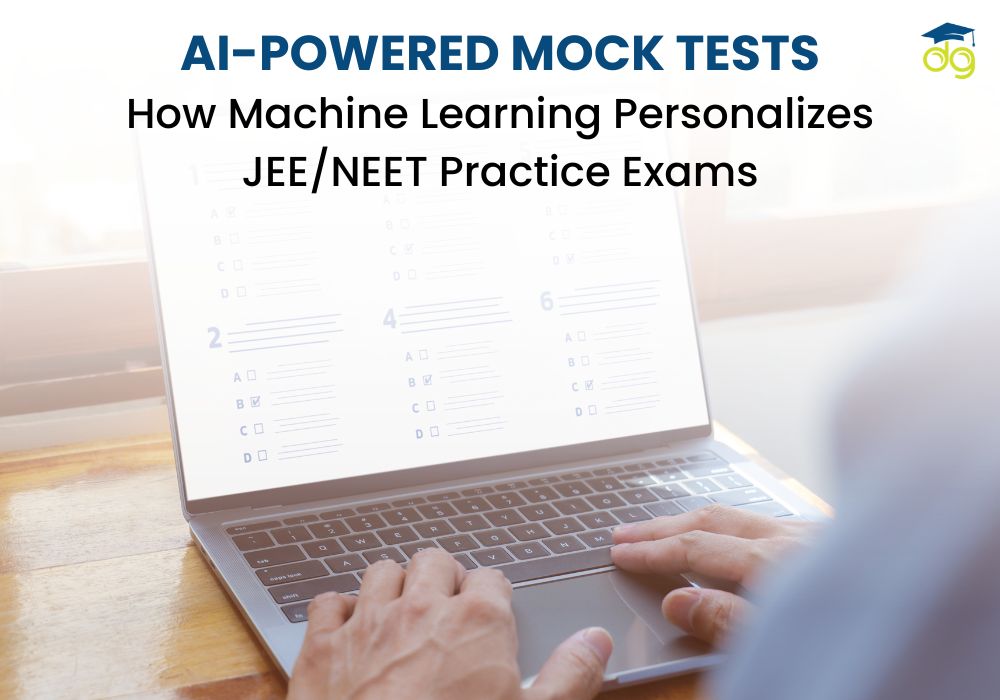
AI-Powered Mock Tests Transform NEET & JEE Preparation in 2025
by Skoodos Bridge
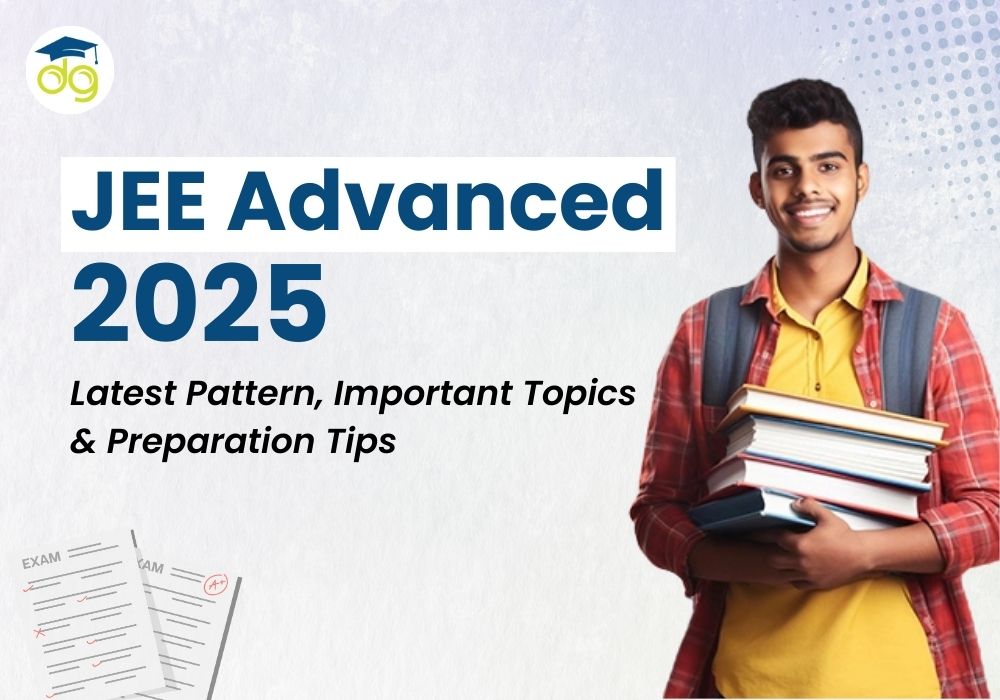

Leave a Comment